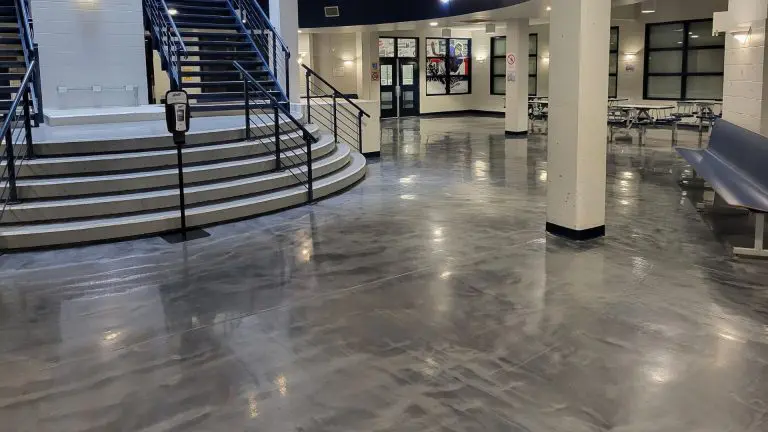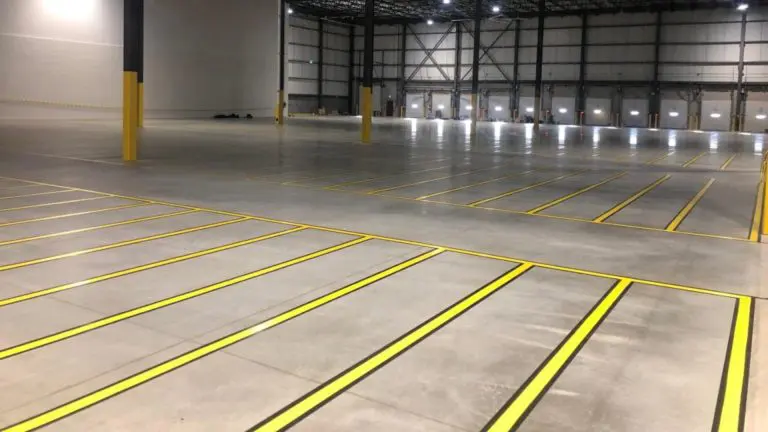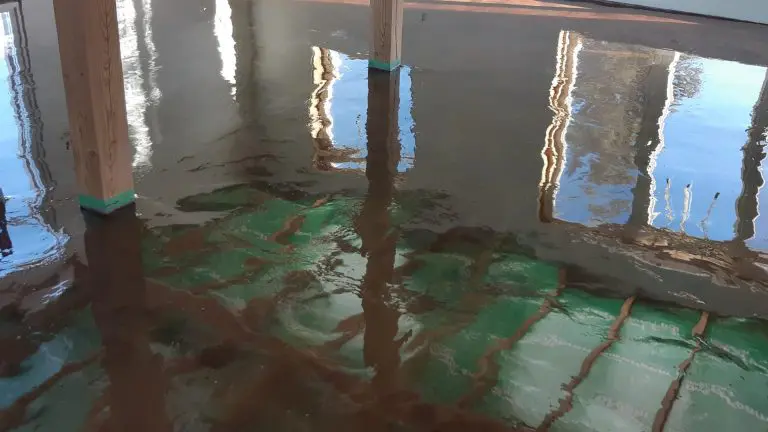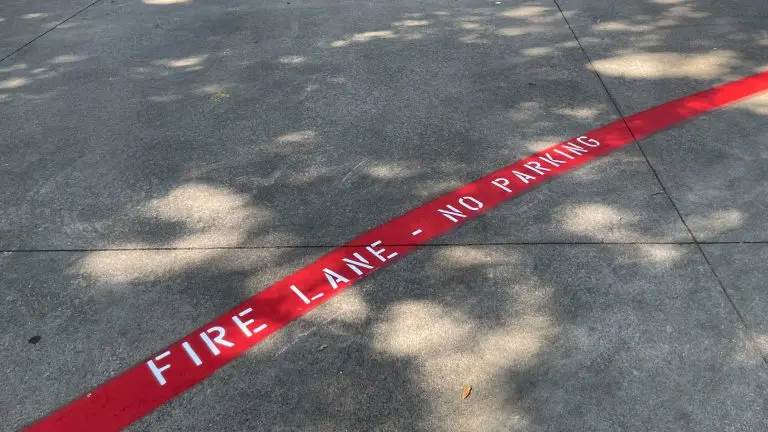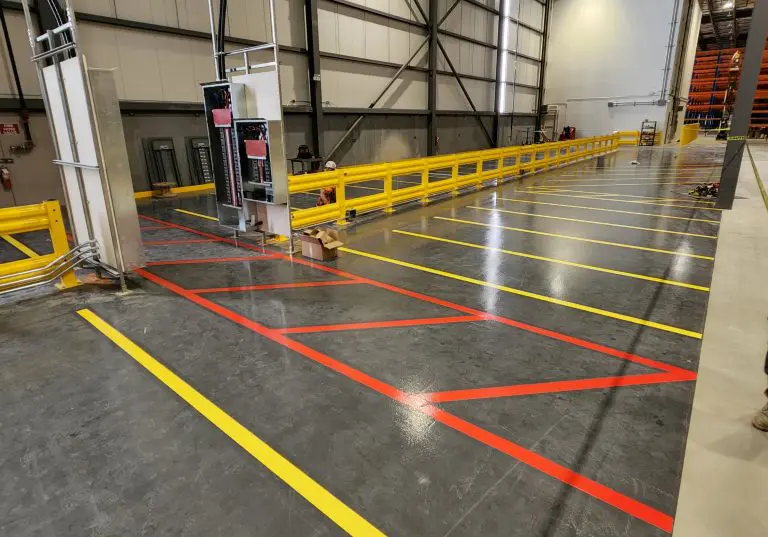Asphalt is an attractive, sturdy material that can create durable, long-lasting surfaces for driveways, parking lots, roads, and more. However, even the highest-quality pavement is prone to deterioration—especially cracking.
Keep reading to discover the most common reasons why your asphalt develops cracks and how you can repair and prevent damage to your pavement with asphalt sealcoating.
Common Causes and Types of Asphalt Cracks
Let’s look at the common reasons your asphalt may develop cracks and the unique types of cracking patterns you can expect to see from different kinds of damage.
1. Traffic Loading
Load-related cracking is one of the most common types of asphalt damage. Typically, fatigue cracking occurs as traffic comes and goes in your parking lot or when heavy vehicles are parked in one spot for too long. Fatigue cracking from traffic loading is often called alligator cracking because the interconnected cracks resemble an alligator’s scaly skin.
You can often prevent fatigue cracking by moving heavy vehicles around your parking lot regularly and by installing high-quality drainage underneath your pavement. However, despite your best efforts, damage from heavy loads is inevitable over time.
2. Weather Conditions
The weather can have a significant impact on the lifespan of your asphalt—regardless of the type of climate you live in. Here are some common climate-related reasons your asphalt might crack:
Sun Damage
Those living in dry climates with regular sunshine should know the sun can heat and break down the main substances in asphalt. Since direct sunlight removes the moisture from the asphalt, causing it to become brittle, warm climates should use high-quality asphalt that can withstand the effects of the sun.
Moisture Damage
Rain, snow, and other types of moisture weaken the asphalt’s binders and wash away the pavement’s gravel, sand, and other solid materials. When water infiltrates the asphalt, it makes it weak and vulnerable to common types of damage, like cracking.
Ice Damage
During the winter months, freeze and thaw cycles can cause your pavement to develop cracks. When temperatures are warmer, rain or melted snow will seep into small cracks in the pavement. Then, when the temperatures drop below freezing, the water in the pavement will freeze and expand, creating more significant gaps in your asphalt.
Cracking from weather-related causes is typically called block cracking, longitudinal cracking, or transverse cracking. These types of cracks are not load-related and may occur in large areas with no traffic.
3. Poor Drainage
As we mentioned earlier, water can cause asphalt to crack, so it’s critical to have proper drainage to keep your pavement in great shape.
Pavement with a low grade and no drainage is likely to develop puddles on the surface, creating potholes and edge cracks.
Additionally, failure to install drainage underneath the pavement, like a layer of sand or drain tiles, can weaken the aggregate base and subgrade materials, making your asphalt more vulnerable to cracking from traffic loading.
4. Product Quality
Asphalt cracks can occur from low-quality products, and they can also occur when the pavement is applied by someone who doesn’t understand best practices for installing asphalt.
For instance, slippage cracking can occur when a deficient, low-strength asphalt mix is used for your parking lot and forms a poor bond between the pavement layers.
Another type of cracking that can occur from low-quality products or installation is reflection cracking—when the asphalt overlay is applied over a broken or jointed pavement structure and the cracks “reflect” from the structure to the surface.
5. Old Age
Despite your best efforts to prevent asphalt cracking with high-quality products, proper drainage, and a system for moving heavy vehicles frequently, your pavement will unfortunately still be subject to cracking and wear-and-tear as the years pass.
Your parking lot will suffer damage from uncontrollable factors, like moisture and moving vehicles, and will require pavement maintenance, like asphalt repairs and sealcoating.
Repair and Protect Your Asphalt with Sealcoating Services from EverLine Coatings
Developing cracked asphalt in your parking lot may be inevitable, but your property shouldn’t have to suffer from this hazardous, unsightly problem for long.
If your asphalt is damaged, our team at EverLine Coatings can fix your pavement cracks and potholes to make your pavement as good as new. Then, we apply an asphalt-based waterproofing sealant spray to avoid costly repaving and future damage to your asphalt. Learn more about our asphalt sealcoating service to discover how we can remedy (and prevent!) pavement cracks on your commercial property.



